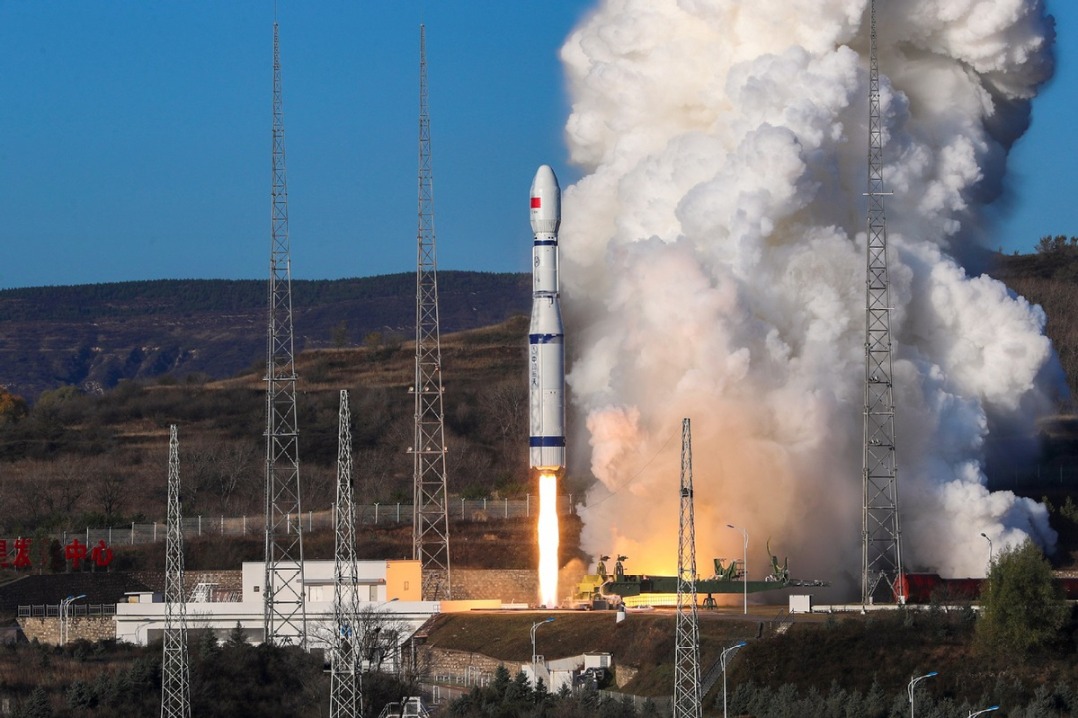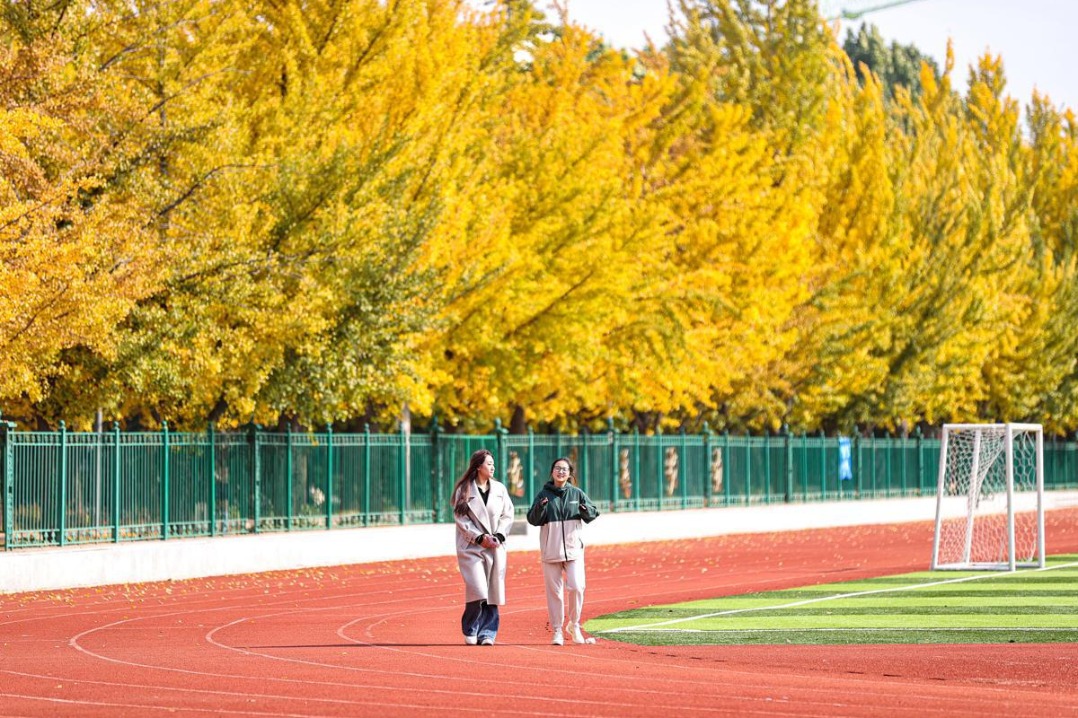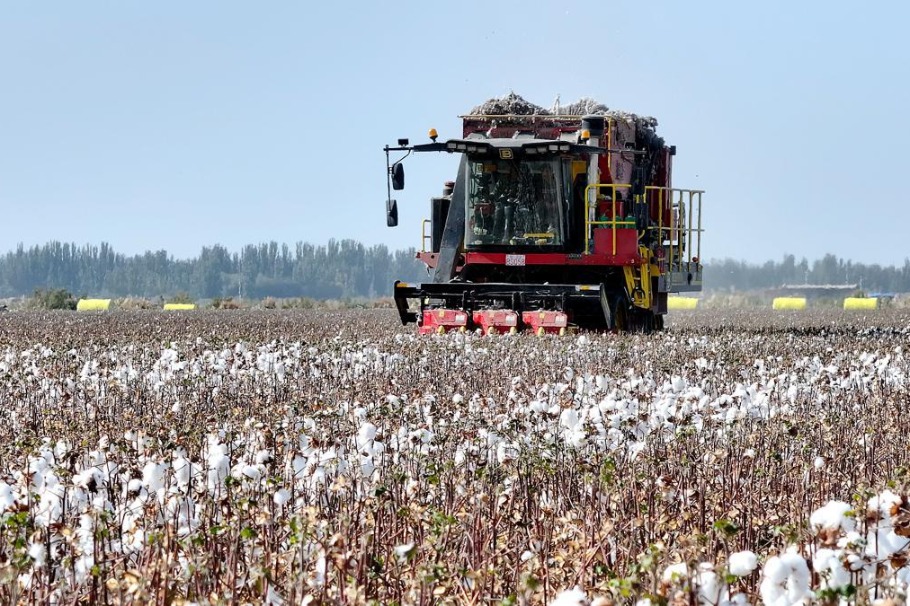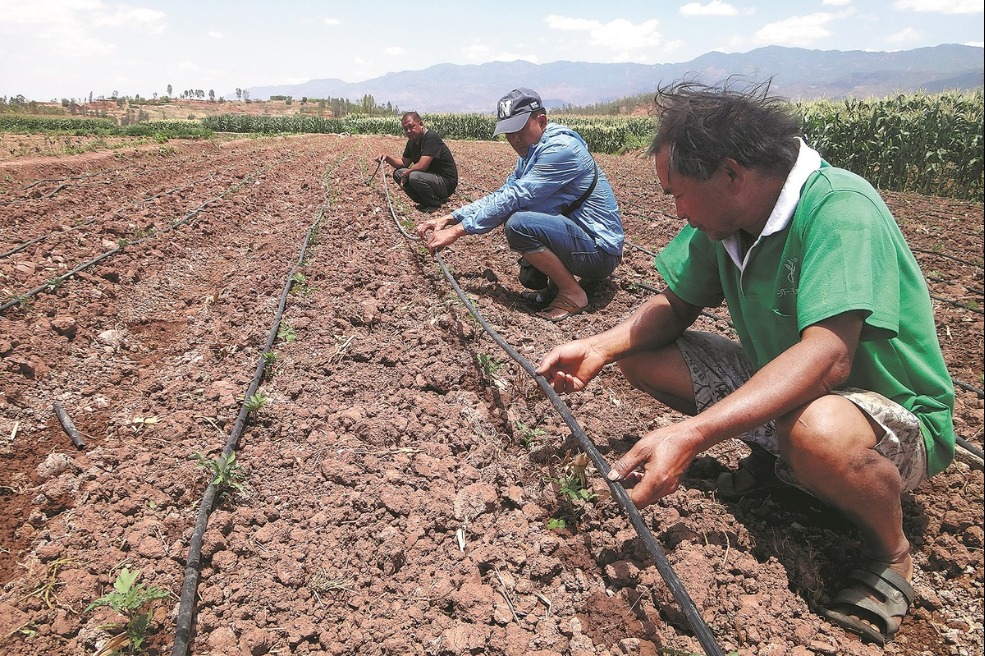China Focus: Foreign teachers and students discover the real Xizang

LHASA, -- "I feel like I have been cheated by the internet," Raimbekova Baktygul, a teacher from Kyrgyzstan, said after spending a week in Southwest China's Xizang autonomous region.
Earlier this month, 13 foreign teachers and students working or studying in China were invited to visit Xizang by China Ethnic Pictorial. And their weeklong trip changed their perceptions of the region drastically.
"Before the visit, my only knowledge of Xizang came from the internet," Baktygul said. She had watched many documentaries online, most of which focused on the region's religious aspects but not its cities. "At that time, I thought Xizang was completely different from the cities we live in."
But after experiencing it firsthand, her view of Xizang has changed completely. Lhasa, the region's capital city, is modern and developed, just like any other big city, she said. "Xizang has so much more to offer than just religion."
"From now on, I'll only believe 20 to 30 percent of what I read online. You have to see it with your own eyes and experience it for yourself to believe it," she said.
Franzen Daniel Steven, a teacher from the United States, echoed Baktygul's views. "To those who have preconceived notions about Xizang, I'd say, the story isn't one-sided. Come here, see it yourself, and you'll find less misunderstanding and bias."
Thai student Tala Preeya also shared this opinion. "Before coming here, I imagined Xizang as just mountains, based on photos and videos I'd seen. I even wondered if I should bring a tent. But even before the plane landed, I saw a modern city. Lhasa has KFC, Pizza Hut and even Pop Mart," she said.
Beyond the city, the group visited schools and cultural landmarks like Jokhang Temple, Palkhor Chode Monastery and the Potala Palace.
Tala was struck by the development of education in the region. "At a school in Shigatse, I saw students learning three languages -- Chinese, Tibetan and English. And they were also learning traditional dance. The kids were full of joy and curiosity. They even asked me about Thai dance and how to say 'hello' in Thai," she said.
Xizang is the first provincial-level region in China to provide 15 years of publicly funded education, which covers kindergarten to senior high school. Education there is not a burden but a right for all.
Canadian teacher Robert Thomas was amazed by his visit to a museum in Lhasa. "I was surprised by the efforts to preserve the ancient cultural heritage. I saw a book in the museum and thought it must be quite old, maybe as old as me, but it was actually from the sixth century," Thomas said. The murals in the temples and caves tell not just religious stories, but the history of the Xizang people, he added.
From 2013 to 2022, Xizang poured more than 3.8 billion yuan (about $535 million) into 386 cultural heritage conservation projects and registered 2,373 cultural relics protection sites at various levels, including 70 at the national protection level, according to the regional cultural heritage administration.
Lee Maria FK, another Canadian teacher, praised the collaborative efforts behind Xizang's cultural preservation. "It's not just one ethnic group's effort. It's a collaboration between the government, different ethnic groups, universities and research institutions. The story of Xizang is part of China's story," she said.
"In Xizang, people of all ethnic groups are free to speak their own languages, write in their own scripts and live as they choose. If that's not freedom, I don't know what is," Baktygul stated.
- Foreign teachers and students discover the real Xizang
- Former vice-minister of justice expelled from Party
- Xi leaves for 16th BRICS Summit in Russia
- Macao publishes Macao Gazetteer Series: Book of Geography
- New subway line drilled through in Beijing
- Chinese developer launches multimodal model unifying video, image, text





































